
09 Nov 2022

Vera
Vera has young woman as the main heroine, who is in the jaws of the war spy network in WW2 and also of the patriarchal society in the Balkans with full of powerful, arrogant men with whom she deals bravely and arrogantly.

A biography of Hildegard Knef, one of Germany's biggest post-war stars.

Hildegard Knef

David Cameron

Else Bongers
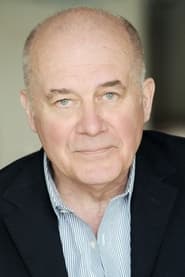
Erich Pommer
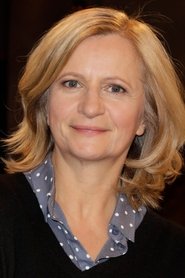
Frieda Knef
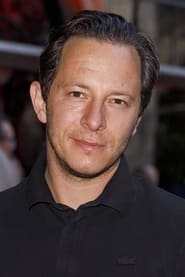
Kurt Hirsch

Großvater
Ricci Blum

Ewald von Demandowsky
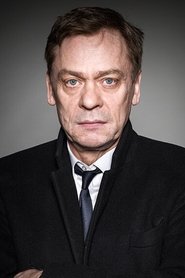
Boleslaw Barlog
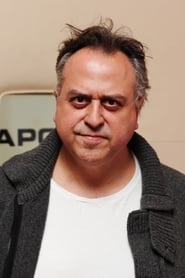
David O. Selznick


Willi Forst

Anatole Litvak

Mrs.Kötz

Sekretärin Pommer


09 Nov 2022

Vera has young woman as the main heroine, who is in the jaws of the war spy network in WW2 and also of the patriarchal society in the Balkans with full of powerful, arrogant men with whom she deals bravely and arrogantly.

02 May 1979

In 1924, Oskar Matzerath is born in the Free City of Danzig. At age three, he falls down a flight of stairs and stops growing. In 1939, World War II breaks out.

23 Mar 1979

Maria marries a young soldier in the last days of World War II, only for him to go missing in the war. She must rely on her beauty and ambition to navigate the difficult post-war years alone.

12 Sep 1990

The true story of Henry Hill, a half-Irish, half-Sicilian Brooklyn kid who is adopted by neighbourhood gangsters at an early age and climbs the ranks of a Mafia family under the guidance of Jimmy Conway.

14 Sep 2018

Massachusetts, 1892. An unmarried woman of 32 and a social outcast, Lizzie lives a claustrophobic life under her father's cold and domineering control. When Bridget Sullivan, a young maid, comes to work for the family, Lizzie finds a sympathetic, kindred spirit, and a secret intimacy soon blossoms into a wicked plan.

09 May 2018

Mahanati depicts the life and career of one of Telugu cinema's greatest and most iconic starlets, the first Indian female super star, Savitri.

09 Aug 1996

The brief life of Jean Michel Basquiat, a world renowned New York street artist struggling with fame, drugs and his identity.

23 Mar 2006

In 1984 East Berlin, dedicated Stasi officer Gerd Wiesler begins spying on a famous playwright and his actress-lover Christa-Maria. Wiesler becomes unexpectedly sympathetic to the couple, and faces conflicting loyalties when his superior takes a liking to Christa-Maria.

16 Sep 2004

In April of 1945, Germany stands at the brink of defeat with the Russian Army closing in from the east and the Allied Expeditionary Force attacking from the west. In Berlin, capital of the Third Reich, Adolf Hitler proclaims that Germany will still achieve victory and orders his generals and advisers to fight to the last man. When the end finally does come, and Hitler lies dead by his own hand, what is left of his military must find a way to end the killing that is the Battle of Berlin, and lay down their arms in surrender.
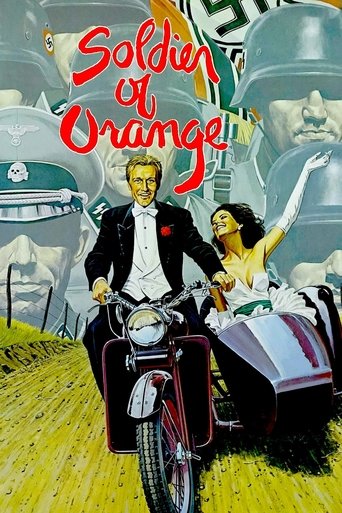
22 Sep 1977

The lives of Erik Lanshof and five of his closest friends take different paths when the German army invades the Netherlands in 1940: fight and resistance, fear and resignation, collaboration and high treason.
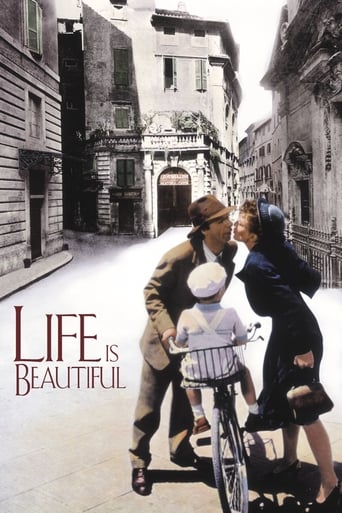
20 Dec 1997

A touching story of an Italian book seller of Jewish ancestry who lives in his own little fairy tale. His creative and happy life would come to an abrupt halt when his entire family is deported to a concentration camp during World War II. While locked up he tries to convince his son that the whole thing is just a game.
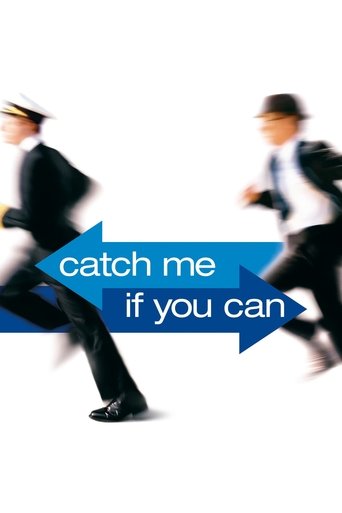
16 Dec 2002

A true story about Frank Abagnale Jr. who, before his 19th birthday, successfully conned millions of dollars worth of checks as a Pan Am pilot, doctor, and legal prosecutor. An FBI agent makes it his mission to put him behind bars. But Frank not only eludes capture, he revels in the pursuit.

16 Feb 2018

V P Sathyan was a legendary footballer who played for the national team. But lack of recognition and depression forced him to take his own life. Captain is a biopic on the life of V P Sathyan.
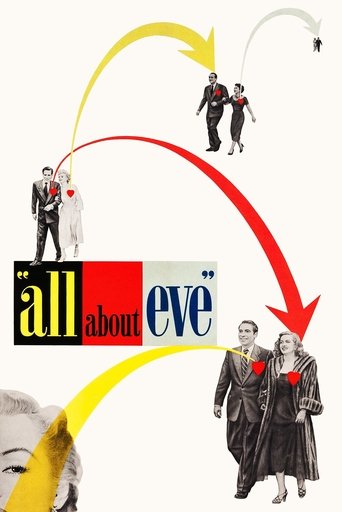
09 Nov 1950

From the moment she glimpses her idol at the stage door, Eve Harrington is determined to take the reins of power away from the great actress Margo Channing. Eve maneuvers her way into Margo's Broadway role, becomes a sensation and even causes turmoil in the lives of Margo's director boyfriend, her playwright and his wife. Only the cynical drama critic sees through Eve, admiring her audacity and perfect pattern of deceit.
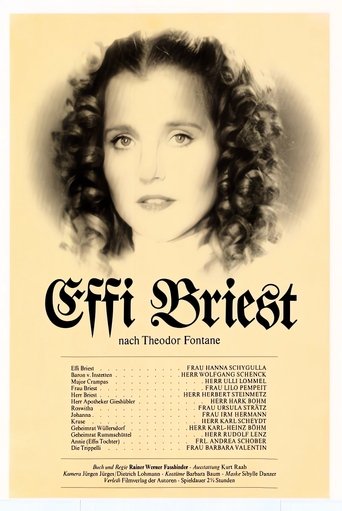
20 Jun 1974

When 17-year-old Effi Briest marries the elderly Baron von Instetten, she moves to a small, isolated Baltic town and a house that she fears is haunted. Starved for companionship, Effi begins a friendship with Major Crampas, a charismatic womanizer.

15 Dec 2006

An American journalist arrives in Berlin just after the end of World War Two. He becomes involved in a murder mystery surrounding a dead GI who washes up at a lakeside mansion during the Potsdam negotiations between the Allied powers. Soon his investigation connects with his search for his married pre-war German lover.

12 Dec 2005

In 1933 New York, an overly ambitious movie producer coerces his cast and hired ship crew to travel to mysterious Skull Island, where they encounter Kong, a giant ape who is immediately smitten with the leading lady.

12 May 2017

A story of passion, rivalry, love, and friendship. Jan Banas, acclaimed Silesian football player of the 1960s and 1970s, struggles to makes his dreams come true on and off the field. Stars is the story of a great love between young people torn by passion and ambition.
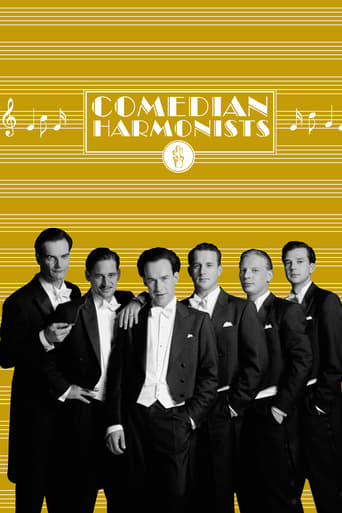
25 Dec 1997

Comedian Harmonists tells the story of a famous, German male sextet, five vocals and piano, the "Comedian Harmonists", from the day they meet first in 1927 to the day in 1934, when they become banned by the upcoming Nazis, because three of them are Jewish.

14 Oct 2006

In what would cause a fantastic media frenzy, Clifford Irving sells his bogus biography of Howard Hughes to a premiere publishing house in the early 1970s.